Hyperscaler AI spending is getting out of control — and Microsoft says it could take 15 years for it to make good on investments
Tech giants' results show billions being poured into AI infrastructure, but big leaps in revenue remain elusive

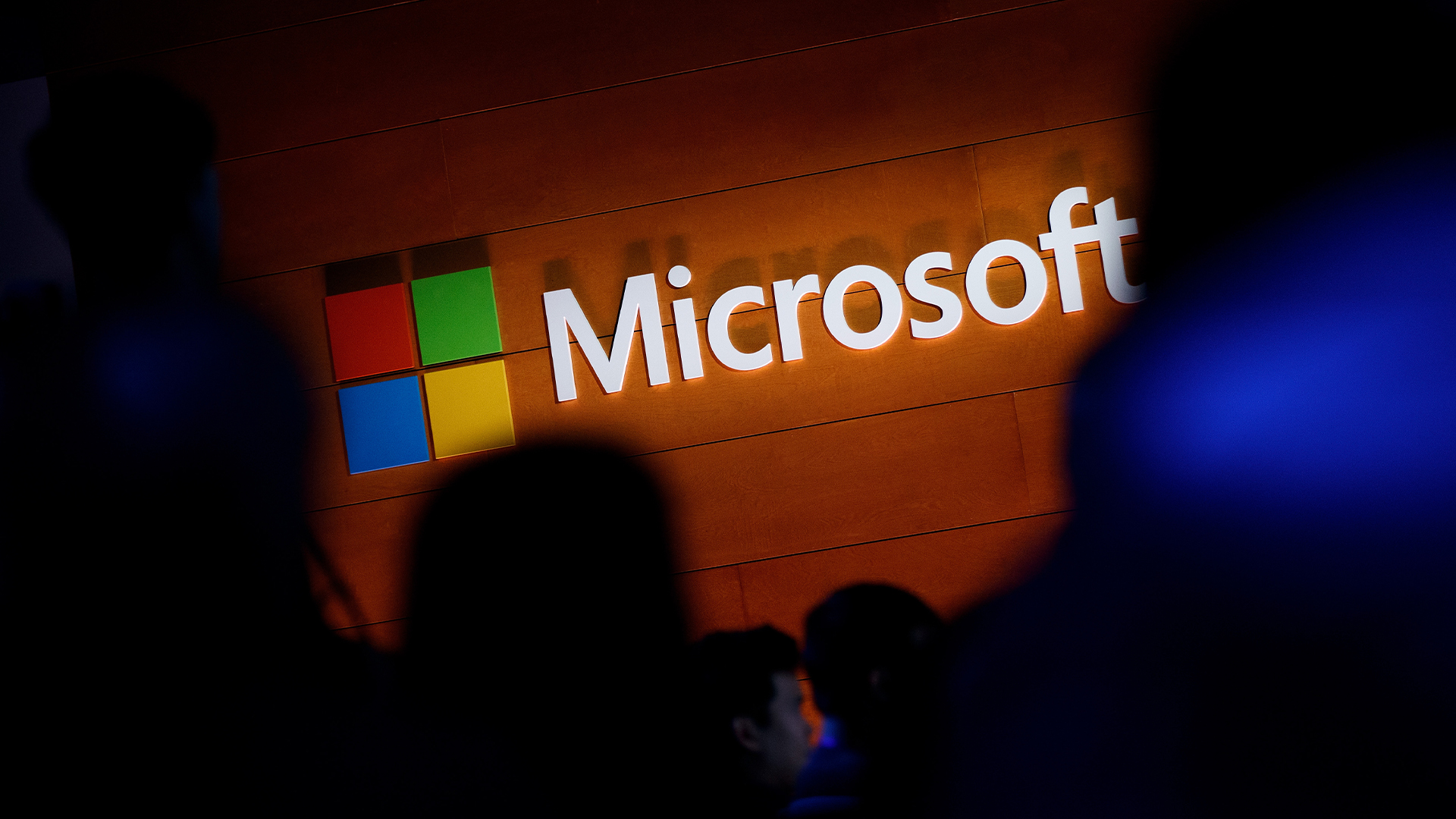
Microsoft says it plans to continue spending heavily on AI, though admits it will take a long time for a return on that investment — a message mirrored throughout much of the rest of the industry.
Microsoft posted its quarterly and full year results this week. For the second quarter, revenue was up 15% to $64.7 billion. Devices revenue fell 11% in the quarter while Windows revenue was up 7% and Intelligent Cloud increased 19% to $28.5bn. For the full year, revenue was up 16% to $245.1bn, with net income of $88bn.
"Our strong performance this fiscal year speaks both to our innovation and to the trust customers continue to place in Microsoft," said CEO Satya Nadella in a statement.
“As a platform company, we are focused on meeting the mission-critical needs of our customers across our at-scale platforms today, while also ensuring we lead the AI era.”
Capital spending rose by 77.6% to $19 billion for the fourth quarter — and most of that was on AI and cloud. Microsoft's total spend for the previous year was $55.7 billion.
In a conference call discussing the results, Microsoft said more spending would happen in the coming year. Microsoft Group CFO Amy Hood said the heavy investment was necessary to build up an AI business, but added that it "will be monetized over 15 years and beyond," according to a Reuters report.
Microsoft Azure growth
Microsoft Cloud overall was up 21%, while Azure leapt 29% year-on-year in the second quarter. What Microsoft calls "Intelligent Cloud" posted revenue of $28.5bn versus $23.9bn the year before.
Sign up today and you will receive a free copy of our Future Focus 2025 report - the leading guidance on AI, cybersecurity and other IT challenges as per 700+ senior executives
“We closed out our fiscal year with a solid quarter, highlighted by record bookings and Microsoft Cloud quarterly revenue of $36.8 billion, up 21% (up 22% in constant currency) year-over-year,” Hood said in a statement.
While positive, that was below some investor expectations — and even though cloud revenue only just missed estimates, analysts said investors would want to see more dramatic improvements.
Daniel Morgan, senior portfolio manager at Synovus Trust, which holds shares in Microsoft, told Reuters that investors have little patience when billions of dollars are being spent.
"If these companies do not hit it out of the ballpark and are far better than the estimates then they are going to be knocked back," he said.
The results will calm some fears that AI won't be benefiting the bottom line, but it's clear investors will continue to keep a close watch on the segment, said Forrester’s principal analyst Lee Sustar in a statement sent to ITPro.
“Investors and customers wondering whether Microsoft's AI offerings are still hauling in revenue got some assurance amid lingering questions following the company's quarterly earnings," Sustar said.
“Given Microsoft's record in recent years, Wall Street hasn't much cared that precise Azure numbers aren't disclosed," Sustar added.
"However, the company noted that operating expenses for Intelligent Cloud grew 5% compared to the same period a year earlier due to the scale-out of AI infrastructure in Azure. Investors and Azure customers will be keeping an eye on that trend as an indicator of AI market success for Microsoft and the cloud providers generally.”
AI spending mirrored at industry rivals
The latest round of quarterly results in the tech industry highlighted analyst and investor concern around the rising costs of building AI systems and when such investments might pay off.
Google owner Alphabet last week warned that its AI-related spending would remain high in the coming year, after posting results showing capital expenditure was up more than expected to over $13 billion in the second quarter alone.
Yesterday, Meta posted a 22% leap in revenue to $39bn — topping expectations — helped by "healthy global advertising demand", said Meta CFO Susan Li, according to Reuters.
Li said that was boosted by the use of AI to improve its digital advertising segment. While income from longer term bets like AI chat assistants will take longer to arrive, the apparent immediate benefits on advertising helped allay concerns about rising costs, which were up 7% in the second quarter.
RELATED WHITEPAPER

Amazon also announced its results yesterday, recording $26.3 billion in revenue which exceeded analyst expectations. This marks a significant increase compared to the same period last year.
Capital expenditures were once again in the spotlight. Amazon CFO Brian Olsavsky said the tech giant spent just over $30 billion in the first half of 2024, and attributed much of this spending to heightened demand for cloud and generative AI services.
Olsavsky told investors the company expects AI and cloud-related investments to continue increasing in H2 2024.
Freelance journalist Nicole Kobie first started writing for ITPro in 2007, with bylines in New Scientist, Wired, PC Pro and many more.
Nicole the author of a book about the history of technology, The Long History of the Future.
-
 AWS just quietly increased EC2 Capacity Block prices – here's what you need to know
AWS just quietly increased EC2 Capacity Block prices – here's what you need to knowNews The AWS price increases mean booking GPU capacity in advance just got more expensive
-
 Accenture acquires Faculty, poaches CEO in bid to drive client AI adoption
Accenture acquires Faculty, poaches CEO in bid to drive client AI adoptionNews The Faculty acquisition will help Accenture streamline AI adoption processes
-
 Microsoft CEO Satya Nadella wants an end to the term ‘AI slop’ and says 2026 will be a ‘pivotal year’ for the technology – but enterprises still need to iron out key lingering issues
Microsoft CEO Satya Nadella wants an end to the term ‘AI slop’ and says 2026 will be a ‘pivotal year’ for the technology – but enterprises still need to iron out key lingering issuesNews Microsoft CEO Satya Nadella might want the term "AI slop" shelved in 2026, but businesses will still be dealing with increasing output problems and poor returns.
-
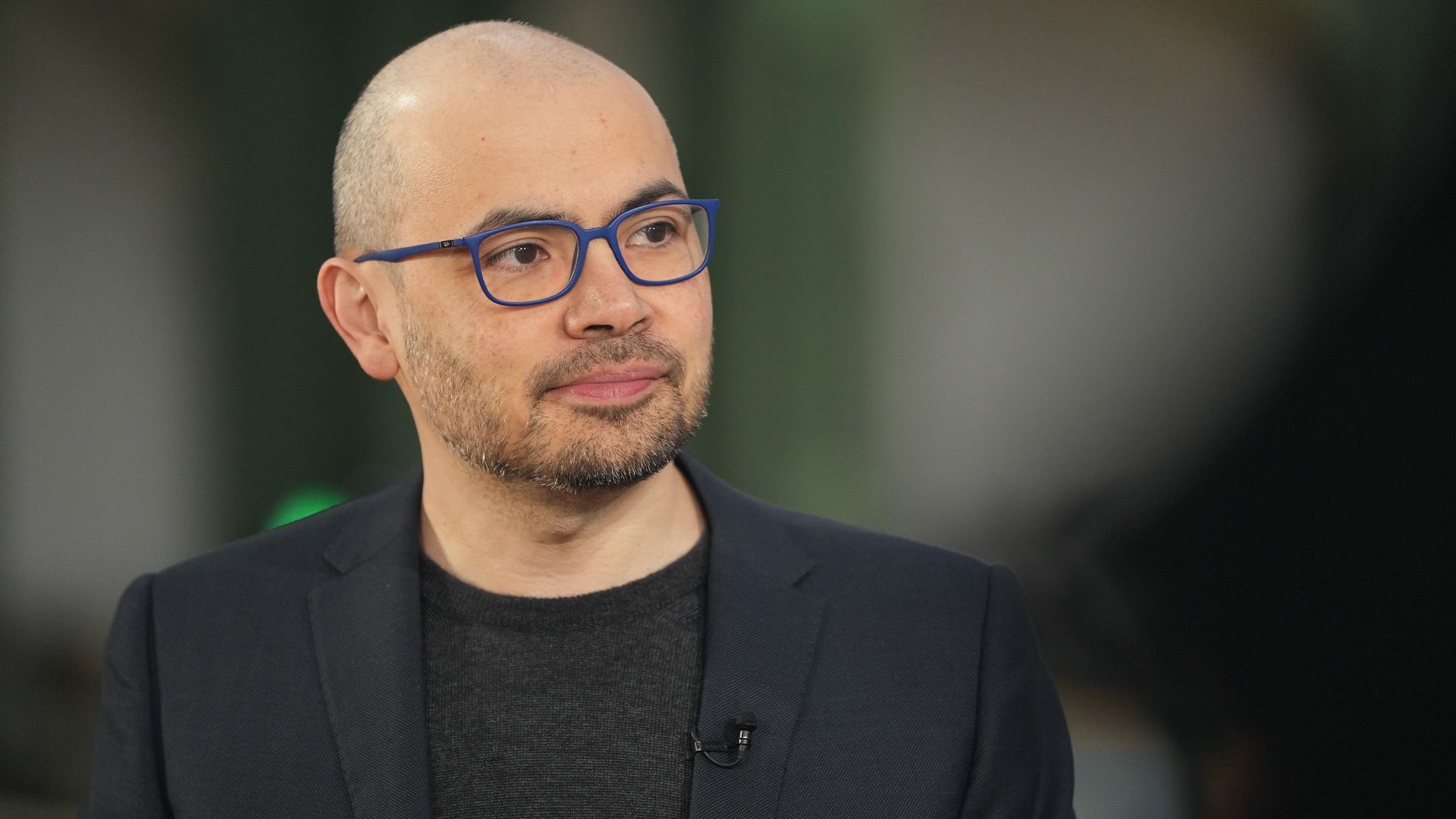 Google DeepMind CEO Demis Hassabis thinks startups are in the midst of an 'AI bubble'
Google DeepMind CEO Demis Hassabis thinks startups are in the midst of an 'AI bubble'News AI startups raising huge rounds fresh out the traps are a cause for concern, according to Hassabis
-
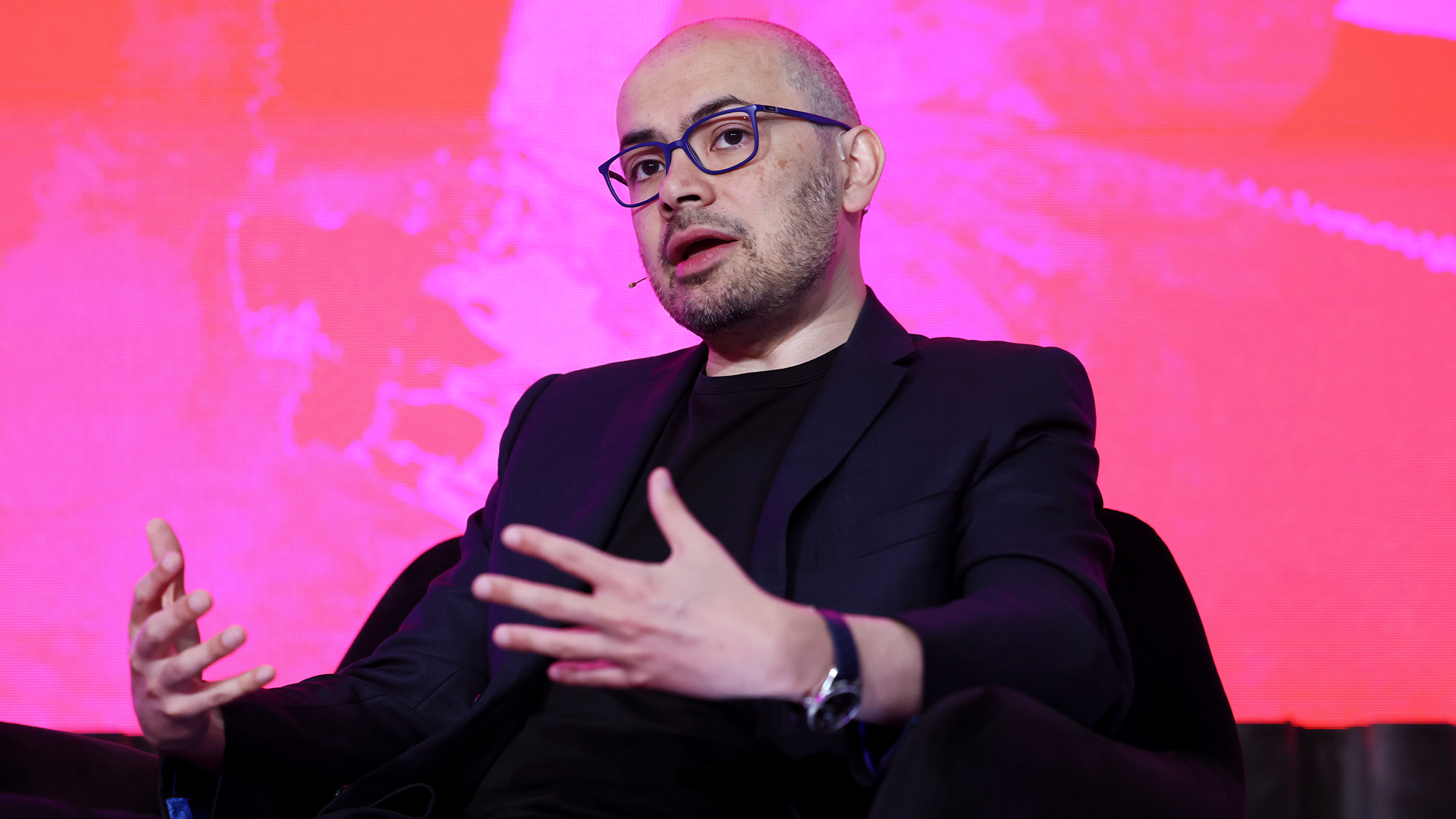 Google DeepMind partners with UK government to boost AI research
Google DeepMind partners with UK government to boost AI researchNews The deal includes the development of a new AI research lab, as well as access to tools to improve government efficiency
-
 AWS has dived headfirst into the agentic AI hype cycle, but old tricks will help it chart new waters
AWS has dived headfirst into the agentic AI hype cycle, but old tricks will help it chart new watersOpinion While AWS has jumped on the agentic AI hype train, its reputation as a no-nonsense, reliable cloud provider will pay dividends
-
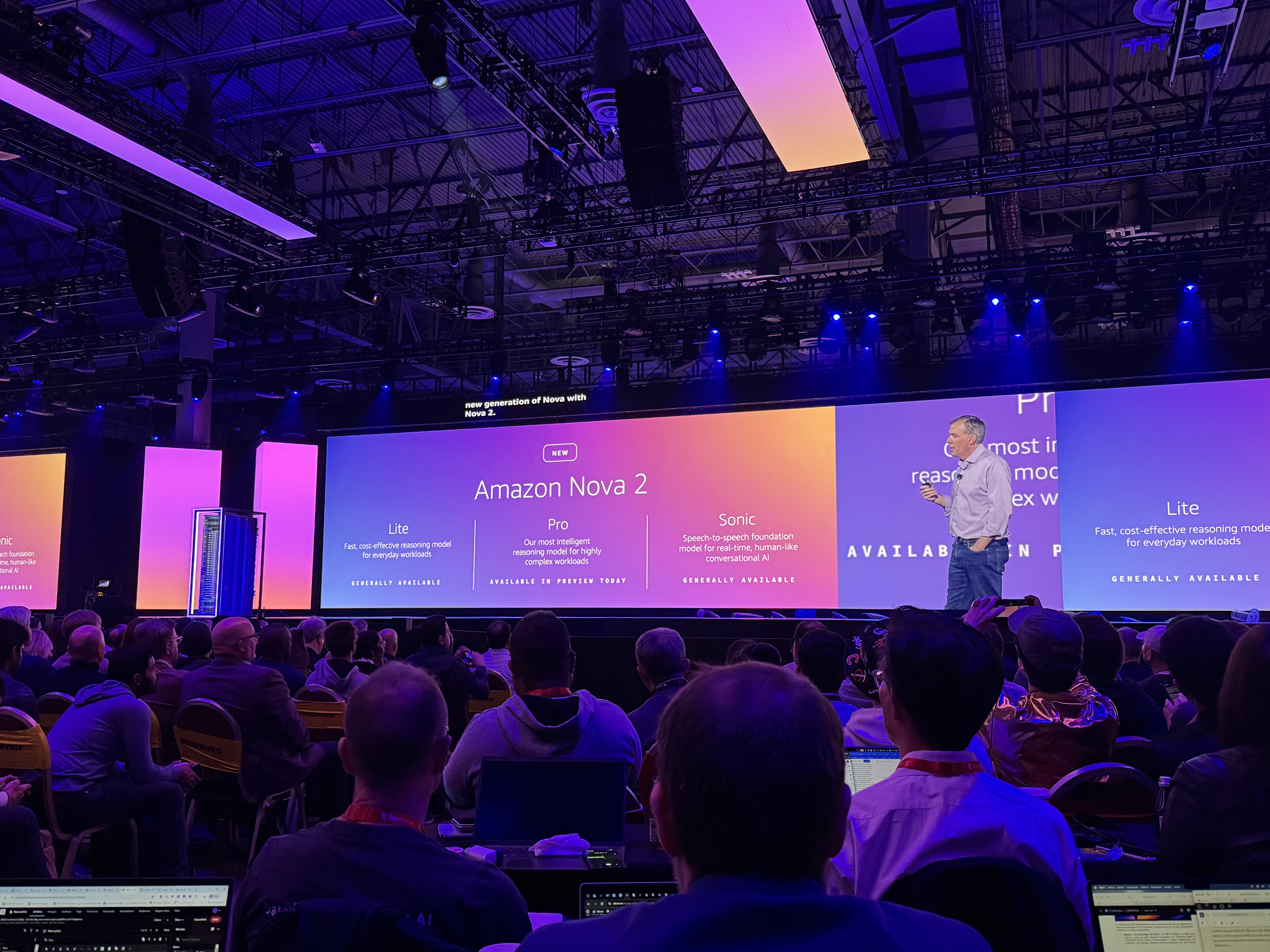 Want to build your own frontier AI model? Amazon Nova Forge can help with that
Want to build your own frontier AI model? Amazon Nova Forge can help with thatNews The new service aims to lower bar for enterprises without the financial resources to build in-house frontier models
-
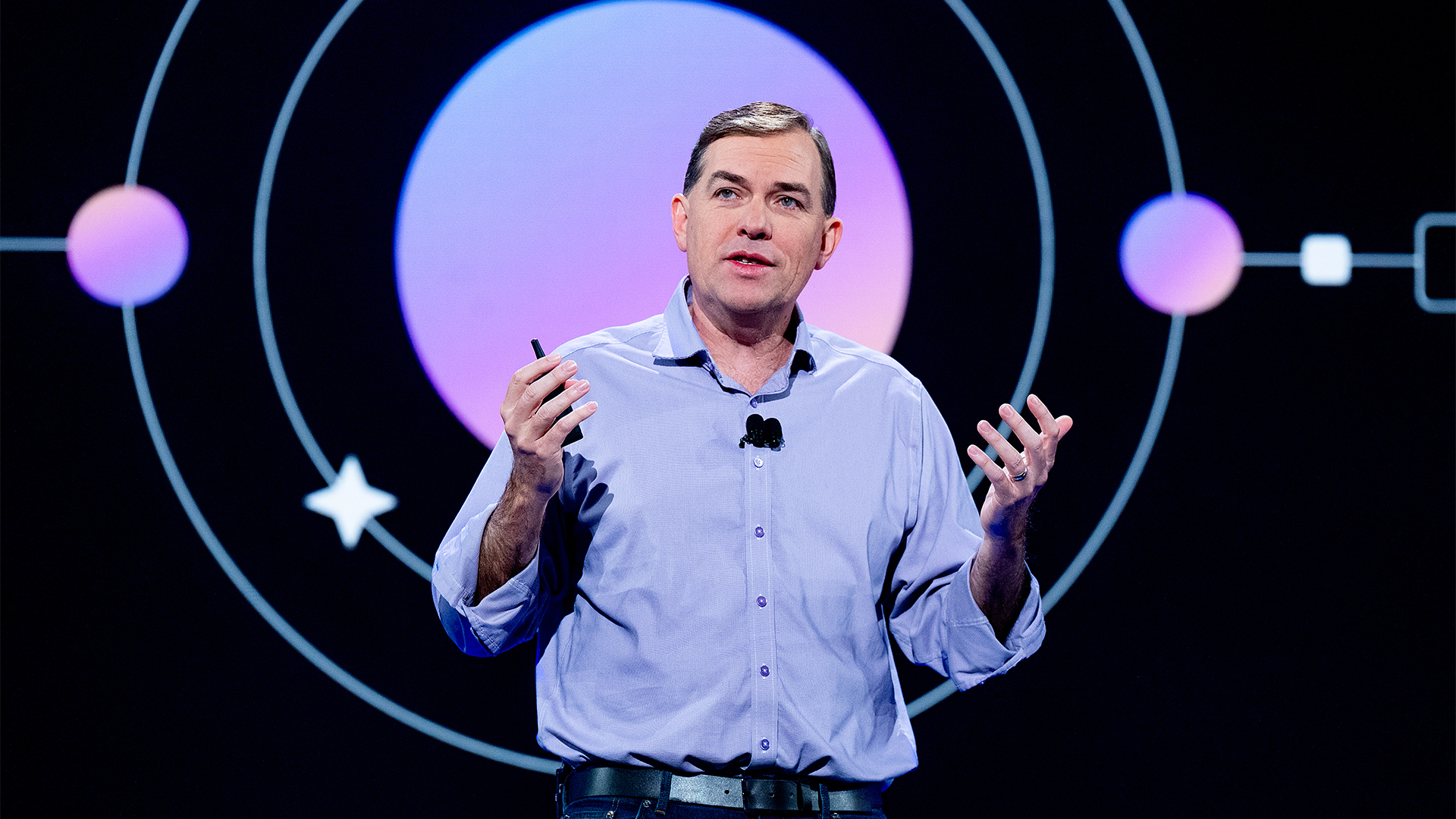 AWS CEO Matt Garman says AI agents will have 'as much impact on your business as the internet or cloud'
AWS CEO Matt Garman says AI agents will have 'as much impact on your business as the internet or cloud'News Garman told attendees at AWS re:Invent that AI agents represent a paradigm shift in the trajectory of AI and will finally unlock returns on investment for enterprises.
-
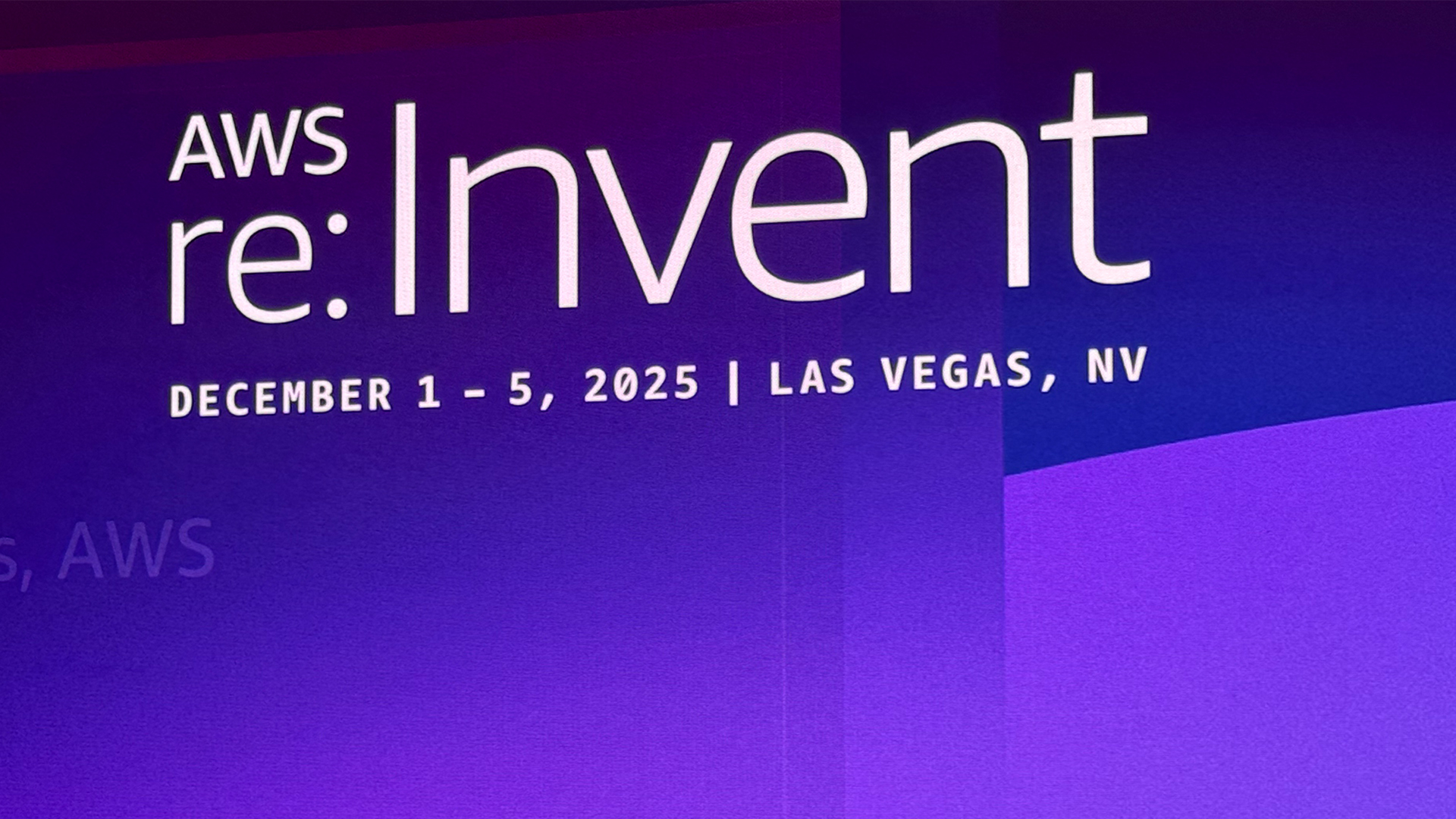 AWS targets IT modernization gains with new agentic AI features in Transform
AWS targets IT modernization gains with new agentic AI features in TransformNews New custom agents aim to speed up legacy code modernization and mainframe overhauls
-
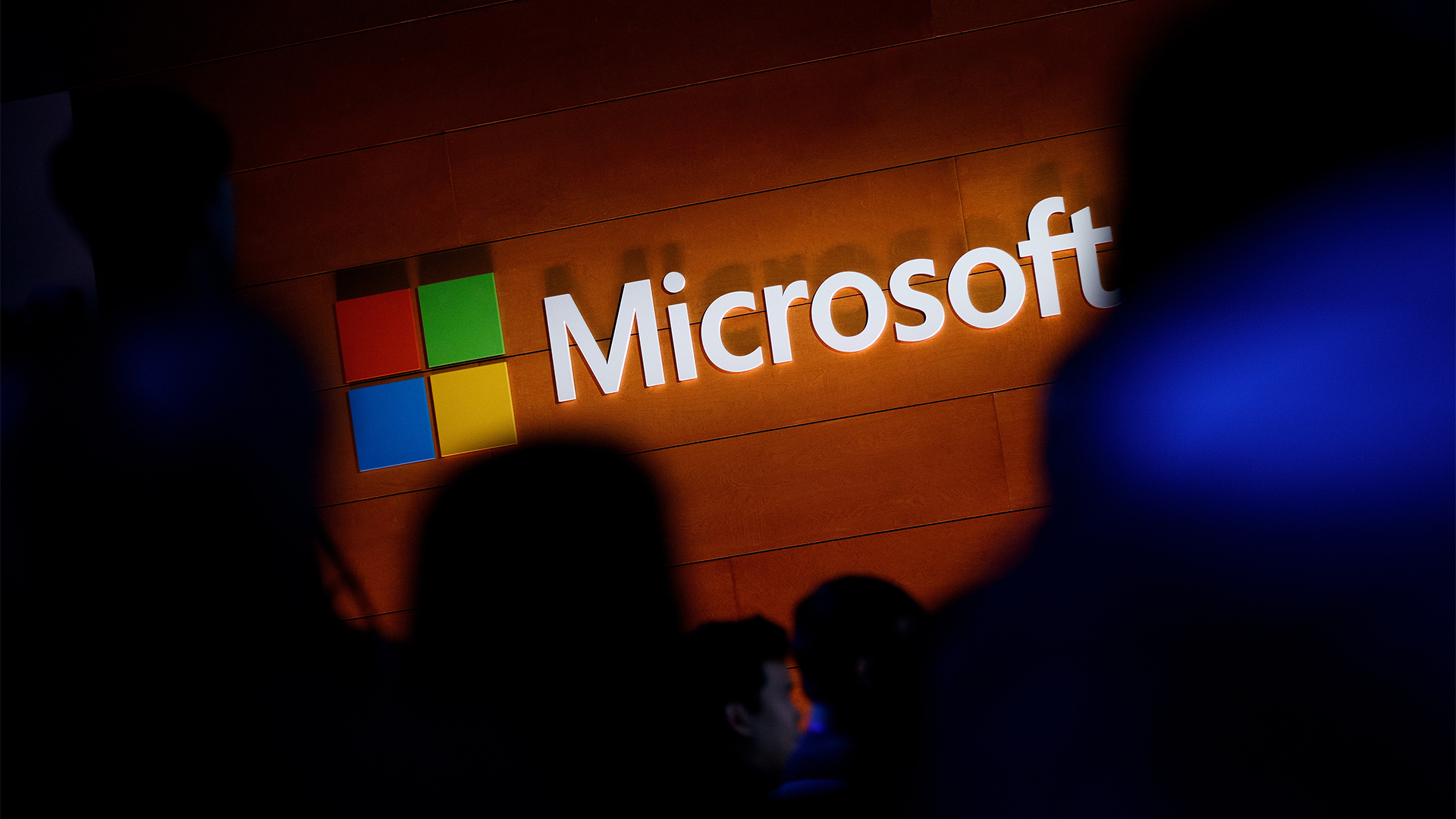 Microsoft quietly launches Fara-7B, a new 'agentic' small language model that lives on your PC — and it’s more powerful than GPT-4o
Microsoft quietly launches Fara-7B, a new 'agentic' small language model that lives on your PC — and it’s more powerful than GPT-4oNews The new Fara-7B model is designed to takeover your mouse and keyboard
